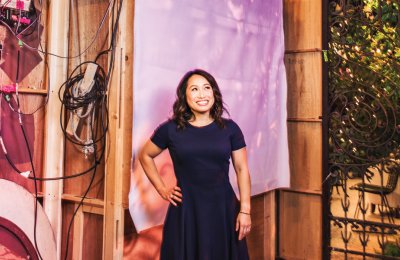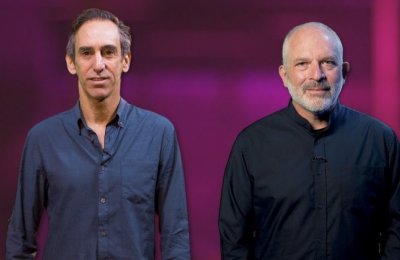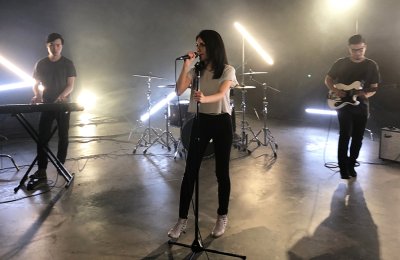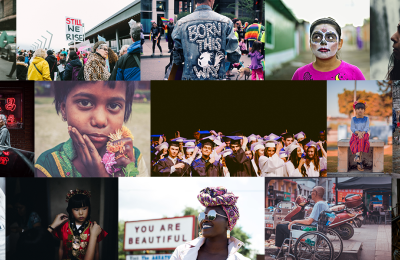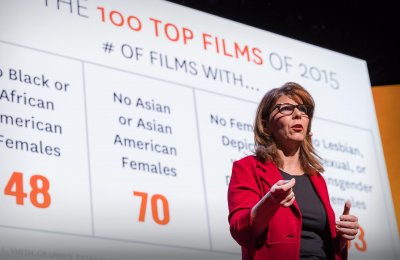School of Communication
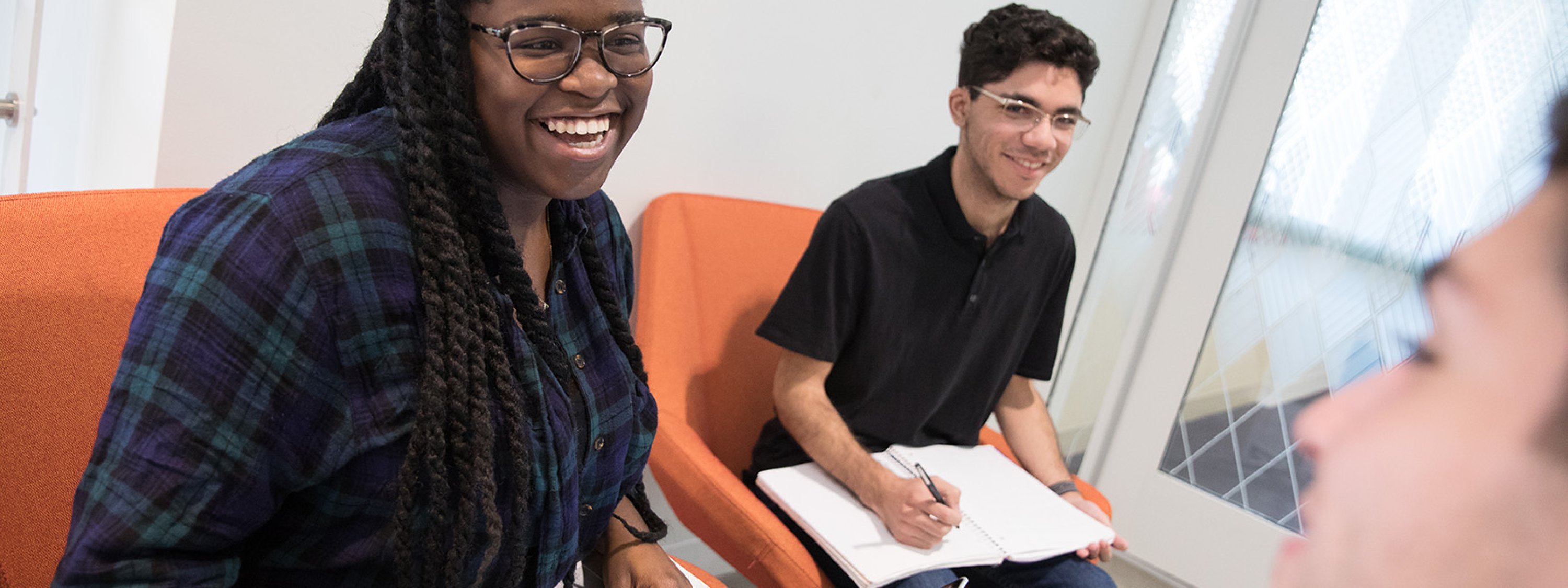
Why study communication at USC Annenberg
At the root of all communication is a belief that we have something in common, that the ideas and stories of one person, community, or organization can be connected to the ideas and stories of others. To study communication is to study what we share and how we share it. At USC Annenberg, we believe communication is essential for enabling more just and equitable worlds of culture, media, politics, technology and data.
As innovations in information and communication technologies continue to change the way we live, work, play and learn, USC Annenberg remains at the forefront of efforts to explore these social, cultural, rhetorical and organizational processes. Our faculty inventively fuse their scholarship, public-facing practice, and expertise in communication studies with disciplines such as political science, psychology, sociology, computer science, information sciences, media studies, and cultural studies.
This intellectual diversity serves as the foundation for how we seek to transform the future in meaningful ways. It’s also how we prepare our students to understand and manage — and directly shape — the communication revolution.
PhD
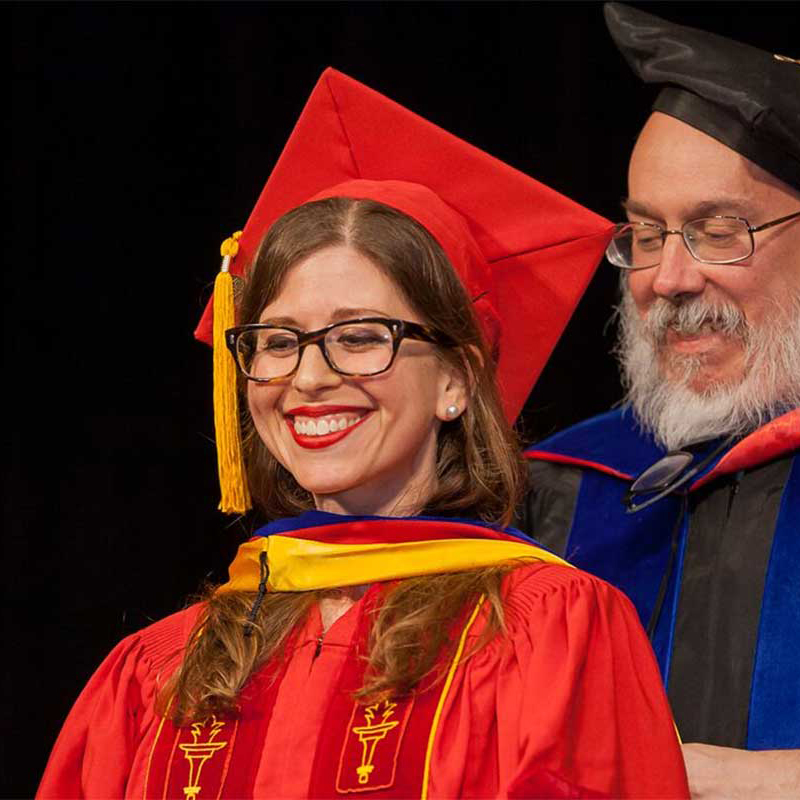
Communication (PhD)
Learn cutting-edge theory and research methodologies through rigorous classes and independent and collaborative research projects as you prepare for careers in academia, industry, government and NGOs.
Master’s
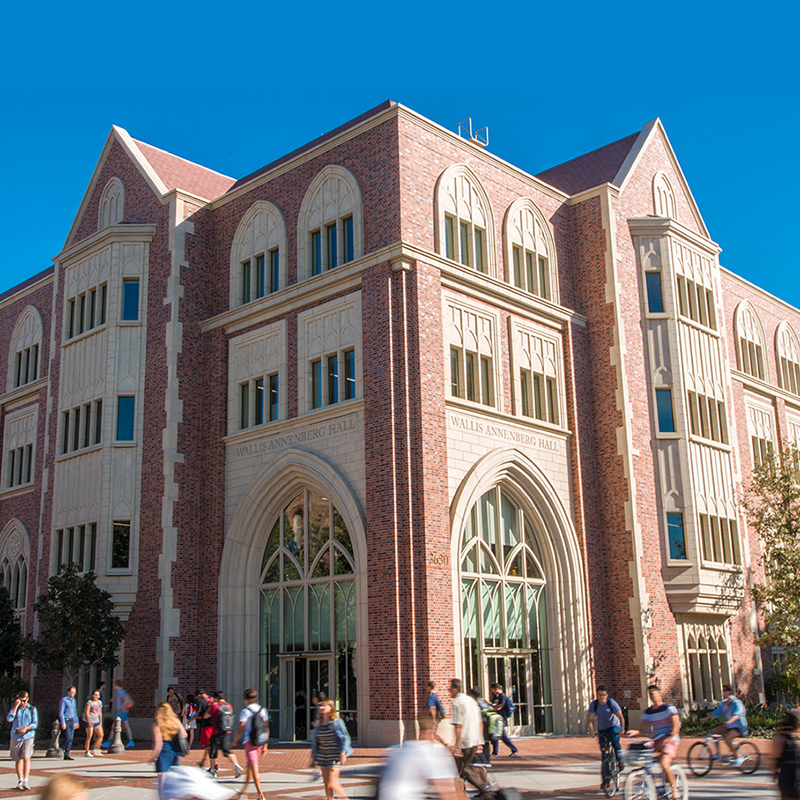
Communication Data Science (MS)
Develop the skills to uniquely connect the communication, media and technology industries by applying communication theory to “big data” projects.
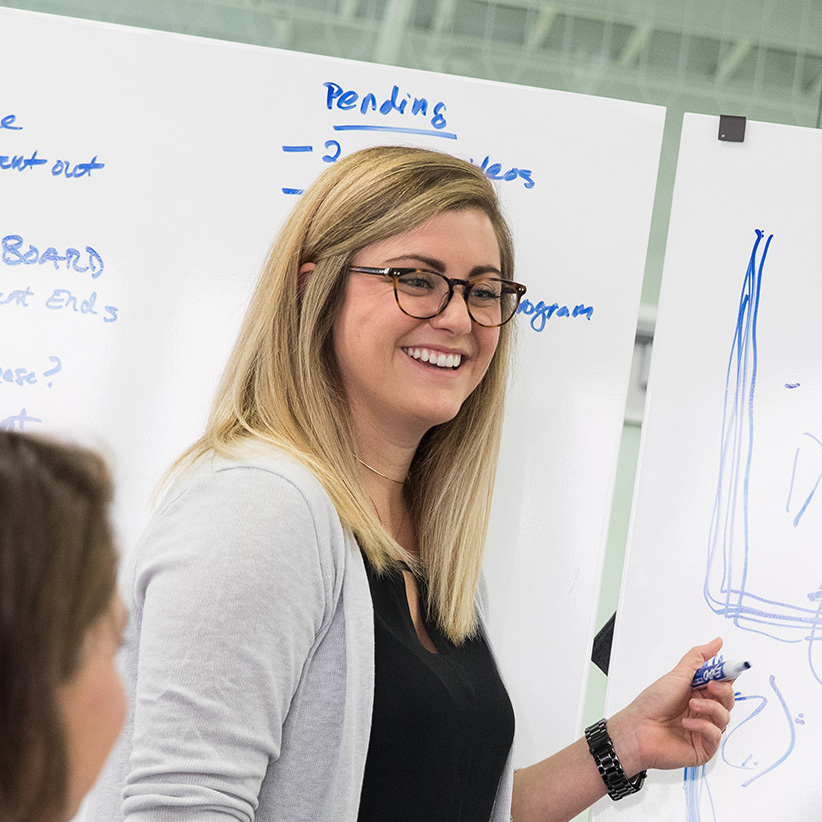
Communication Management (MCG)
Build a foundation in theory and applied research to design and execute effective communication strategies and tactics across a range of business functions.

Digital Media Management (Online) (MS)
Become a leader who understands the evolving media landscape, makes ethical, data-informed decisions and builds a more equitable future by managing diverse teams.

Digital Social Media (MS)
Learn the theory, practice and strategic mindset that are essential for developing and managing social media platforms, digital media, apps and online communities.

Global Media and Communication (MA) / Global Media and Communications (MSc)
Examine the transformational role of communication and media in our globalizing world from two media capitals — London and Los Angeles — while earning master’s degrees from USC and the London School of Economics.
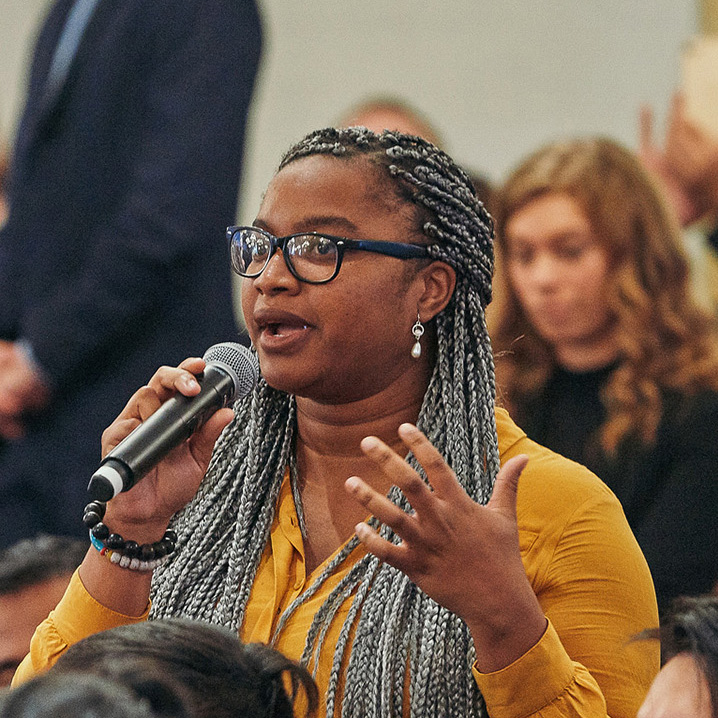
Public Diplomacy (MPD)
Understand how governments and non-state actors use media and communication to shape public opinion, international relations and public diplomacy for domestic and global audiences.
Undergraduate
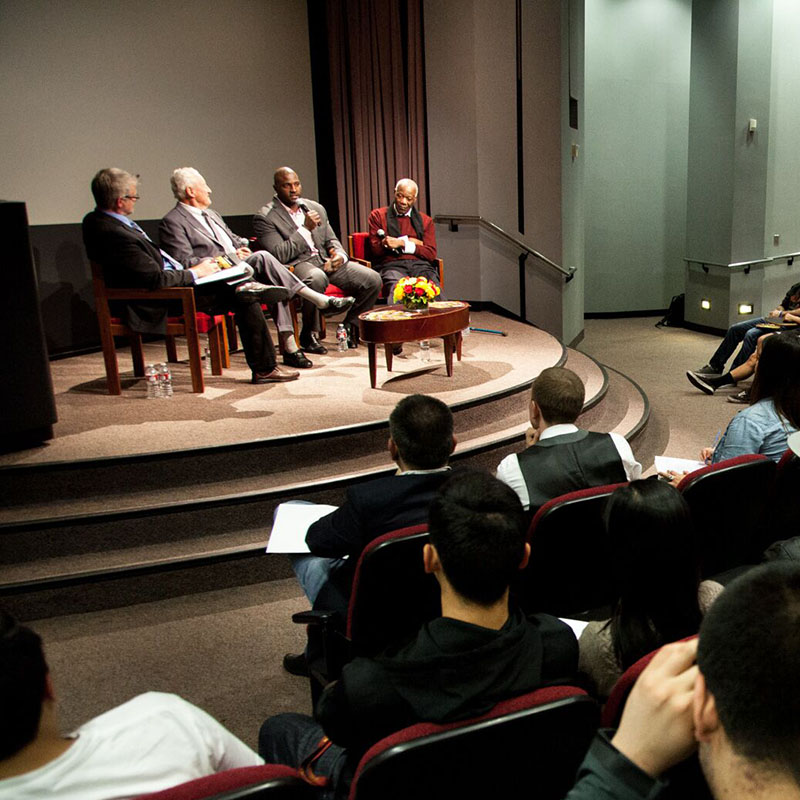
Communication (BA)
Gain a theoretical framework and critical understanding for how messages — from interpersonal to mass media — are informed, created, distributed and consumed.
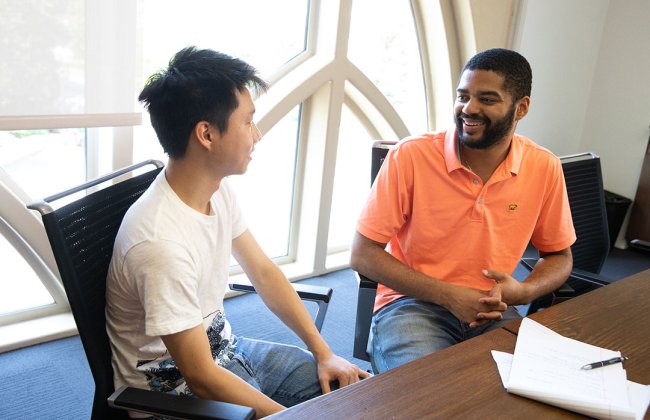
Our PhD program is among the world’s best.
Doctoral students at USC Annenberg are at the scholarly forefront of the communication revolution. They learn innovative theory and research methodologies through rigorous courses and independent and collaborative research projects as they prepare for careers in academia, industry, government and NGOs.
Student and alumni work
Planning the perfect schedule
Noriko Kelley, who earned a master’s in the Communication Management program, breaks barriers as the first woman to head planning and scheduling at CBS.
Bridging the digital divide
USC Annenberg Professors François Bar and Hernán Galperin have spent years studying the digital divide and its implications in Los Angeles and around the world.
Exploring the intersection of popular music and meme culture
Driven by her passion for music, Alexandria Arrieta studies how internet meme culture alters distributional and creative strategies within the music industry, especially on TikTok.
Cutting-edge impact
Media Matters
The Critical Media Project, led by Professor Alison Trope, strives to enhance young people’s critical thinking and empathy, and to build on their capacities to advocate for change around questions of identity and representation.
Dynamic intersections
The Annenberg Innovation Lab, directed by Professor Colin Maclay, brings diverse scholars and practitioners together to address complex problems and opportunities across of media, technology, culture and society.
Holding Hollywood accountable
Professor Stacy Smith leads the Annenberg Inclusion Initiative, a leading think tank devoted to advancing diversity and inclusion in entertainment.
